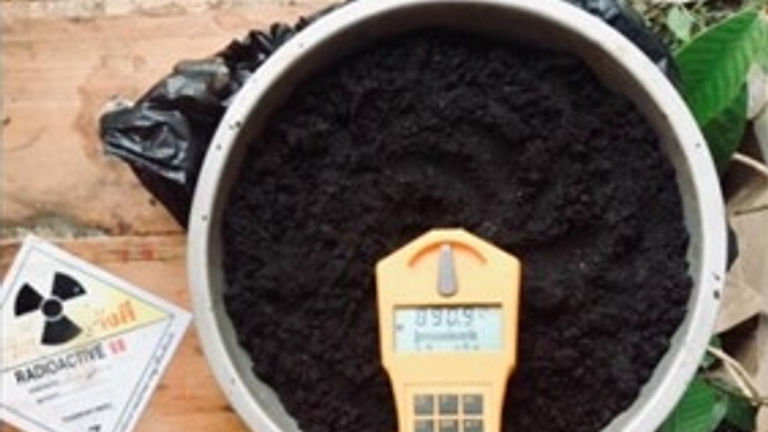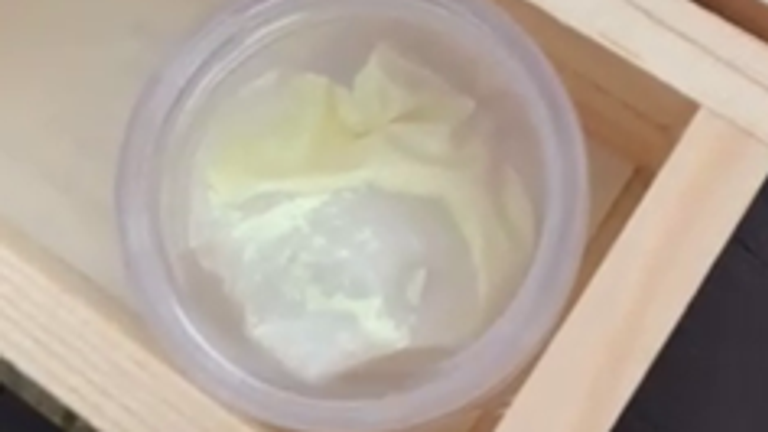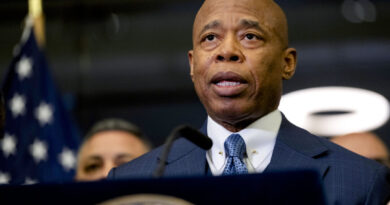Japanese Yakuza Leader Admits Guilt in Nuclear Material Trafficking Conspiracy from Myanmar | Global News
A Japanese Yakuza leader has admitted guilt in a US court for conspiring to traffic nuclear materials from Myanmar.
Takeshi Ebisawa “boldly engaged in the trafficking of nuclear materials, including weapons-grade plutonium,” stated Edward Y Kim, the acting US attorney for the Southern District of New York.
“Simultaneously, he orchestrated the shipment of significant amounts of heroin and methamphetamine to the United States in exchange for heavy-duty arms like surface-to-air missiles intended for use on battlegrounds in Burma,” he continued.
The 60-year-old, hailing from Japan, was charged in February 2024 with allegations of conspiring to traffic nuclear materials for anticipated use in Iranian nuclear armament.
He faced previous charges in 2022 regarding international drug trafficking and firearm offenses, as well.
Now, he is looking at several decades behind bars.
According to court documents, during an investigation, Ebisawa unintentionally connected an undercover US Drug Enforcement Administration (DEA) agent, referred to as UC-1, to his “global network of criminal associates,” which crossed borders from Japan to Thailand, Myanmar (also known as Burma), Sri Lanka, and the US, among other locations.
Through UC-1, Ebisawa plotted to purchase US-made surface-to-air missiles and additional heavy-duty weapons as part of an exchange involving drugs.
Prosecutors reported that he also sought to sell 500 kg of methamphetamine and 500 kg of heroin intended for distribution in New York.
The ‘Iranian General’
Starting in early 2020, Ebisawa informed UC-1 that he had access to a “substantial quantity of nuclear materials” he was interested in selling, according to court records.
The nuclear materials originated from an unnamed leader of an “ethnic insurgent group” in Myanmar involved in uranium mining, prosecutors disclosed.
Ebisawa forwarded images of a substance with Geiger counters measuring radiation levels, along with documentation he purported was lab analysis confirming the material’s radioactivity.
UC-1 consented to assist Ebisawa in brokering the sale of the nuclear materials to an associate pretending to be an Iranian general—referred to as the General.
Prosecutors indicated that Ebisawa proposed supplying the General with what he asserted was plutonium, which was “superior” and more “potent” than uranium.
During a video conference on 4 February 2022, one of Ebisawa’s co-conspirators claimed to possess over 2,000 kg of Thorium-232 and more than 100 kg of uranium.
Further discussions ensued as Ebisawa aimed to finalize the deal.
Read more from Sky News:
Liam Payne’s cause of death confirmed
Five dead in Los Angeles wildfires
Manchester Airport faces delays after runway closure
However, he was subsequently arrested in a collaborative operation involving US, Indonesian, Japanese, and Thai authorities.
Ebisawa pleaded guilty in Manhattan, New York, with sentencing scheduled for 9 April.




